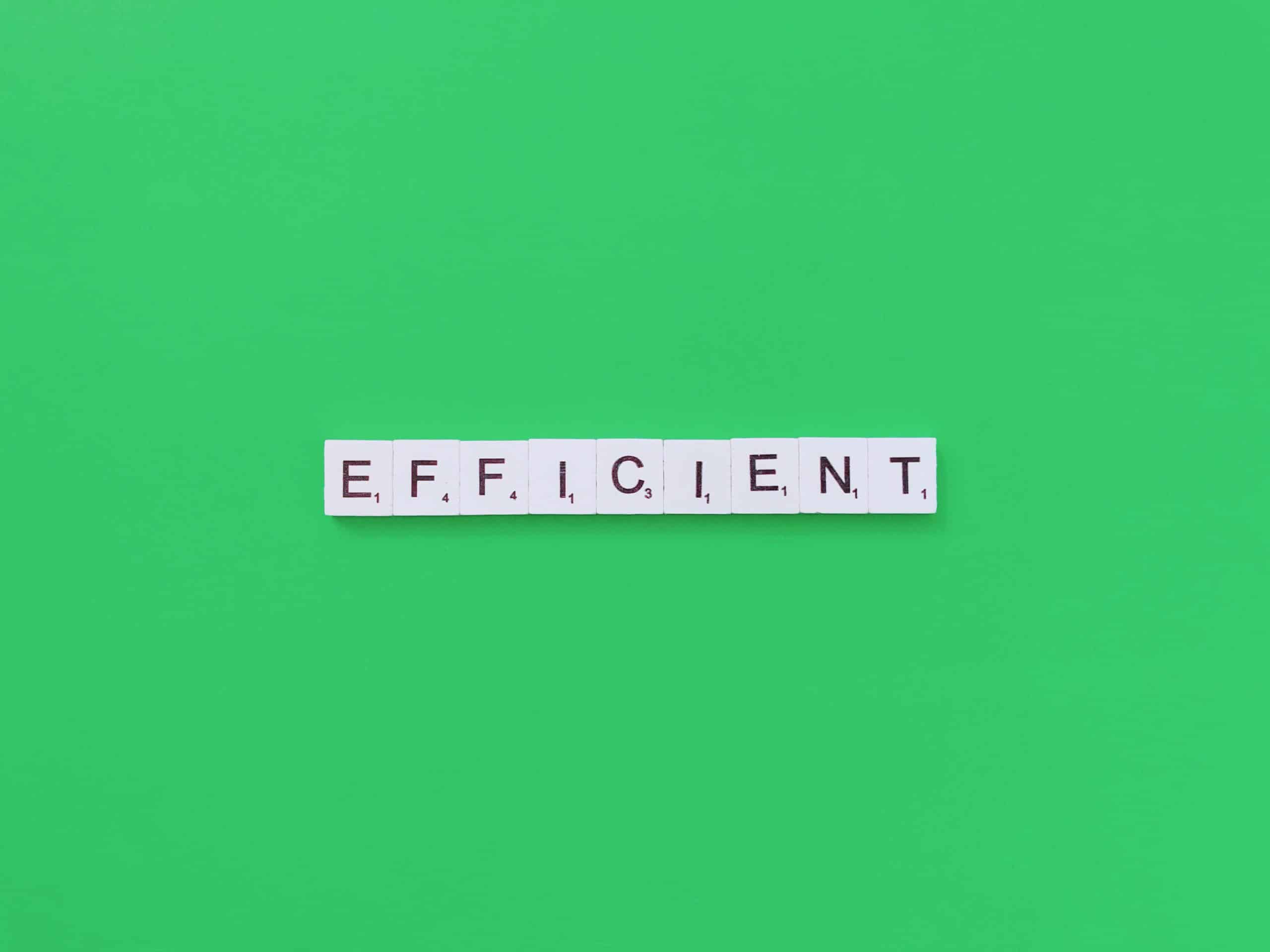What Are the Most Effective Water Conservation Techniques for Home Gardens?

Water, that precious resource we overuse so often, is critical in keeping our gardens green and lush. While we all love the sight of a vibrant, blooming garden, it’s equally important to be mindful of how much water we’re using. In an era where water scarcity is a reality for many, learning effective water conservation methods can benefit both the environment and your wallet. So, what are the most effective water conservation techniques for home gardens? Let’s dive in and explore some strategies.
Rainwater Harvesting
The first method to consider is rainwater harvesting. This age-old method of water conservation is a highly effective way to reduce your reliance on mains water. A simple system of barrels or tanks can be set up to capture and store rainwater for use during drier periods.
A lire aussi : How to Implement an Efficient Space-Heating System for Cold Climates?
Setting up a rainwater collection system is a relatively straightforward task. You can use a variety of containers, ranging from professionally made rain barrels to repurposed food-grade barrels. The prime catchment area is the roof of your house, so place your barrels under the gutter downspouts.
Remember, if you live in an area with potential contaminants in the air, such as heavy industrial zones or busy highways, you should consider filtering the rainwater before using it in your garden.
A découvrir également : How Can You Utilize Underfloor Heating for Energy-Efficient Home Warming?
Mulching
An often overlooked but incredibly effective technique for conserving water in a home garden is the use of mulch. Mulch is a layer of organic or inorganic material that covers the surface of your garden soil. Not only does it reduce water evaporation from the soil surface, but it also suppresses weeds and maintains soil temperature.
You can use a variety of materials as mulch, including straw, compost, wood chips, and even newspaper. Each has its own unique properties and benefits. For example, straw is often used in vegetable gardens because it’s cheap, easy to apply, and breaks down over time, improving soil structure and fertility.
To maximize water conservation, apply a thick layer of mulch around your plants. This will create an effective barrier against water evaporation, especially during hot summer days when moisture is lost quickly from the soil surface.
Drip Irrigation
One of the most efficient ways to water a garden is by using a drip irrigation system. Unlike sprinklers or hoses, which can lose a lot of water to evaporation and runoff, drip irrigation delivers water directly to the root zone of plants.
Setting up a drip irrigation system can be as simple or as complex as you want it to be. You can start with a simple soaker hose system, which is just a porous hose that allows water to seep out along its length. For a more advanced system, you can use a network of tubes with built-in emitters to deliver water to specific locations in your garden.
Regardless of the complexity, the effectiveness of a drip irrigation system in conserving water cannot be overstated.
Plant Selection
Plant selection is another crucial factor when it comes to water conservation in home gardens. By choosing plants that are native to your area or that are adapted to dry conditions, you can significantly reduce your garden’s water requirements.
Native plants have evolved to thrive in the local climate and soil conditions, meaning they generally require less maintenance and water than exotic plants. Similarly, drought-tolerant plants, such as succulents and certain types of grasses, are designed to survive with minimal water.
By incorporating a mix of these plants into your garden, you can create a landscape that is not only beautiful but also water-efficient.
Soil Improvements
Lastly, improving the condition of your soil can dramatically increase its water-holding capacity, thus reducing the need for frequent watering. The key to this is organic matter, which acts like a sponge to absorb and retain water.
You can increase the organic matter in your soil by adding compost, aged manure, or other organic materials. Not only will this improve your soil’s water retention, but it will also enhance its fertility and structure, leading to healthier, more resilient plants.
In summary, there are numerous effective water conservation techniques that you can apply in your home garden. From harvesting rainwater and mulching to selecting appropriate plants and improving your soil, each of these methods can make a significant contribution to reducing your garden’s water usage. While it takes some effort and planning, the benefits to both your garden and the environment are well worth the effort.
Greywater Recycling
Greywater, or gently used water from your bathroom sinks, showers, tubs, and washing machines, can be recycled for garden use. This is a significant conservation method as it reduces the demand for fresh water and utilizes a resource that would otherwise go to waste.
To begin greywater recycling, you need to set up a system that diverts this water to your garden instead of the sewer. You can choose a simple system that directly routes the water to your garden or a more complex one that includes filters and tanks for storage.
Note that greywater may contain traces of dirt, food, grease, hair, and certain household cleaning products. While most of these are harmless to plants, some cleaning products can be harmful. Therefore, it’s important to use plant-friendly products if you’re planning to implement a greywater recycling system.
Additionally, greywater should be applied below the surface where it won’t come into contact with humans or pets, ideally in mulched or covered soil basins.
Scheduled Watering
Watering at specific times can also help conserve water in your home garden. The most efficient time to water plants is early in the morning or late in the evening when temperatures are cooler and evaporation rates are lower.
Watering in the heat of the day can result in a significant amount of water loss due to evaporation. Additionally, watering in the evening can prevent the growth of mold and other fungi that thrive in moist conditions.
Remember, overwatering can also lead to wastage. While the frequency of watering will depend on the type of plant and soil conditions, a general rule of thumb is to water deeply but infrequently. This practice encourages roots to grow deeper, making plants more water-efficient and tolerant to drought.
Conclusion
In an age marked with increasing water scarcity, it is imperative that we adopt various water conservation strategies in our daily lives. For home gardeners, this means embracing methods such as rainwater harvesting, mulching, using a drip irrigation system, strategic plant selection, soil improvements, greywater recycling, and scheduled watering.
Implementing these strategies can lead to a significant reduction in water use, leading to environmental benefits and potential cost savings. Remember that every drop of water saved contributes to the longevity of our planet and the preservation of our most precious resource. Learning and practicing these methods are not only an investment in your garden but also an investment in a sustainable future for generations to come.
